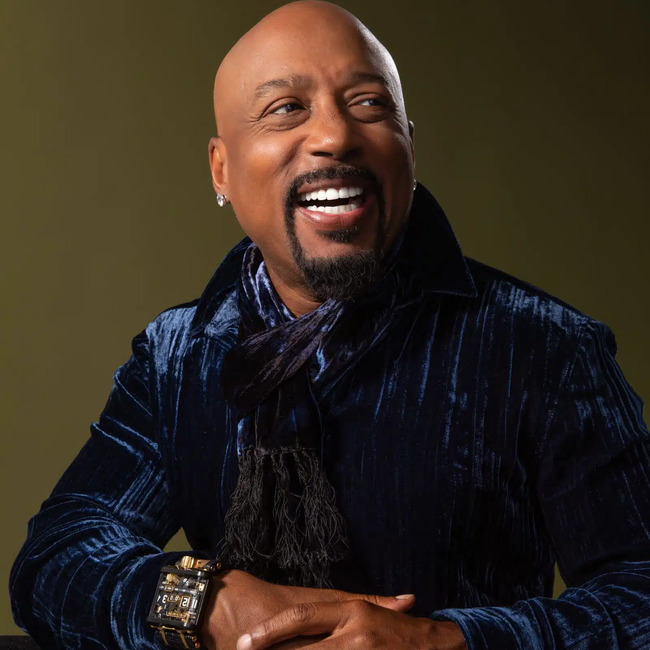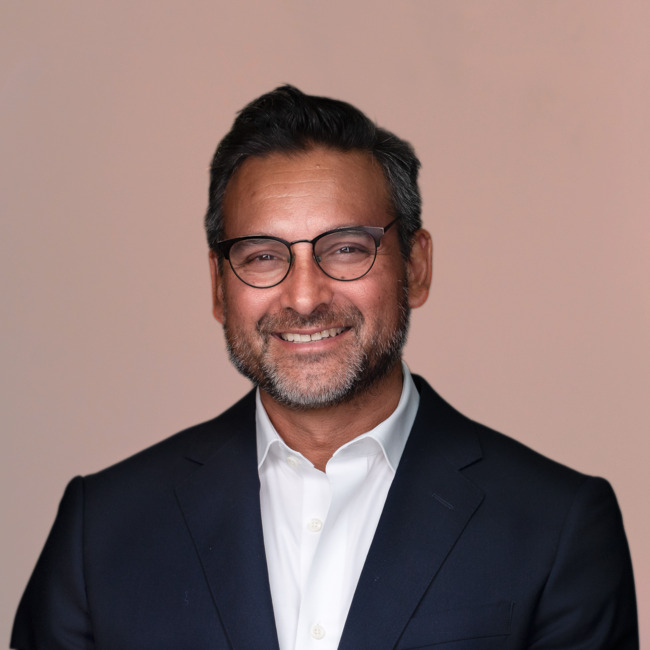
Hannah Ubl
Research Director, Keynote Speaker + Consultant
Featured Topics
Fee Range
Please contact us for pricingTravels From
Minneapolis, MN
Hannah Ubl
Biography
Hannah Ubl's core mission is to create organizations that don't suck. She's devoted her career to flipping the traditional workplace script, throwing out the old "employees are lines on a spreadsheet" in favor of treating people at work more like well, people.
As Co-founder of Good Company Consulting, she's sought after for her bold take on building workplaces that prioritize the human experience while simultaneously increasing the bottom line. Hannah's dedicated the past decade to researching people at work - not just top talent and leadership - but everyone in between. She's discovered a strangely well-kept secret for recruiting and retaining the workforce of the future: the best recipe for organizational success is rooted in mindfulness, empathy, and kindness.
Hannah's work is a fresh approach to the standard (and outdated) workplace narrative. Not afraid to ask the hard questions, she pushes audiences towards self-inquiry to help them become better leaders, better managers, and better colleagues.
With heart, deep conviction, and a good dose of self-deprecating humor, Hannah will sweep you along on a journey of insights that lead to deep, lasting mindset shifts about how work works. A passionate speaker and consummate professional, she's energized by her audiences and brings her full self to each and every presentation.
Hannah Ubl
Featured Keynote Programs
The Future is Human
Creating People-First Work Cultures
Based on their upcoming book, The Future of Work is Human: Transforming Company Culture for a Post-Pandemic World
We are entering a new era of work, one where businesses win when leaders are compassionate, communication is empathetic, and people are prioritized. But that transformation, much like any kind of change, requires a great degree of intention and care. By embracing the workplace lessons learned during the pandemic years there’s an opportunity to design the kind of organization we all want to work in, and a culture we can all be a part of. In this presentation, you’ll learn how to create a healthier, happier, and ultimately more successful workplace culture by putting people first. Steeped in years of research and listening (really listening) to employees at all levels, it will paint the picture of what the future of work can and should look like, and how you can get started with that redesign right away.
Takeaways include:
• An exploration of the three cornerstones of compassionate leadership
• Strategies to take organizational communication from autopilot to intentional and empathetic
• Tactical tools to start transforming your work culture
• Sneak peek into Gen Z and what they want most from employers
Staying Human in the Age of AI
First, there was the computer, then the search engine, the smartphone, social media, and now… there’s AI. All of these revolutionary technological innovations have upended the way we communicate, lead, and get work done. And while it’s tempting to consider AI as the one tool to rule them all, we have to approach this time with intention and a little bit of care. To successfully implement AI into any workforce, leaders need to strike a happy balance between embracing artificial intelligence and nurturing emotional intelligence; they need to prioritize the people who are using AI. Because while technology may improve how we do so much at work, one thing remains the same: when leaders center humans at work, everyone wins.
Takeaways:
• Understand how EI and AI work together to help organizations succeed
• Best practices from teams that view AI as a tool that complements a people-first mindset
• Strategies to keep humans and EI front and center amidst change
• The soft skills that are critical for success in this brave new world of work
The Alchemy of Trust
Building teams that really work.
Establishing trust at work is no simple matter. People have devoted entire lives trying to pinpoint that special, almost magical alchemy behind cohesive, collaborative, and trusting teams. While every organization is different, and no two teams will be the same, there are some core concepts that can help leaders craft their own cultures of trust. In this presentation, we identify common (and sometimes surprising) barriers and break down the key ingredients required to build strong, truly trusting teams. From consistent messaging to embracing candor, to admitting vulnerabilities and extending grace, The Alchemy of Trust highlights the “why” and demystifies the “how,” all while providing actionable insights that can be implemented the very next day.
Takeaways Include:
• How to establish psychological safety so employees feel confident taking calculated, innovative risks
• Critical, sometimes counterintuitive mindsets that will create buy-in and help bridge gaps across teams
• Case studies from organizations that have figured out how to successfully build trust, be it in-person or in a virtual or hybrid setting
Why Connections At Work Matter
Strategies to build relationships authentically.
Technology has changed the way we work, in ways both good and bad. With much of our communication shifting from face-to-face to screen-to-screen, building authentic work relationships is harder now than ever before. With study after study citing strong professional relationships as a key factor for engagement, motivation, and work satisfaction, now is the time to acquire the skills to build and maintain connections at work. In this presentation, we identify what’s getting in the way of connecting authentically at work, explore strategies to shape stronger teams, and present best practices from organizations that have discovered the secret sauce to building communities of supportive and interconnected peers.
Takeaways Include:
• How to remove barriers that prevent meaningful relationships at work
• Using a people-first approach to create a sense of belonging and appreciation
• Overcoming the need to be “perfect,” and instead, learning how to show up as your authentic self
Hannah Ubl
Featured Books

The Future of Work is Human: Transforming Company Culture for a Post-Pandemic World
by Hannah Ubl
A company culture book for leaders meets a professional self-help book for the whole team, The Future is Human shares the essentials to creating a people-first workplace.
"The new way of working is already here, and The Future of Work is Human offers the tools to help organizations shift to a more holistic and human approach."
-Adrian Peterson, employee experience program manager at HP
Ninety thousand hours.
That's how long the average person will spend at work over their lifetime. To put it another way, it's roughly one-third of our lives.
When you and your team think of time spent at work, what words would you like to come to mind?
Workplace communication experts Hannah L. Ubl and Lisa X. Walden believe jobs can inspire feelings like fulfillment, ease, and even fun. And as speakers and consultants focused on building workplaces that don't suck, they have over a decade of qualitative research to back it.
There's no denying the pandemic years brought challenges, from the Great Resignation and quiet quitting to hybrid work management. They also opened the door of possibility to a meaningful, long-term overhaul of the working world―and it's time we rose to meet it.
With a combination of lasting mindset shifts and practical tools, discover how to:
- go beyond "beating burnout" to center holistic well-being,
- build culture in the workplace while improving the bottom line,
- be generous with authentic praise and compassion, and
- lean into your person-ism and overcome perfectionism.
With the human-first practicality of Radical Candor and the heart-opening wisdom of The Art of Gathering, this unbeatably modern take on the workplace offers actionable steps for leading with intention and transforming your outlook (and by this time, you know we don't mean Microsoft).
We can do better than "returning to normal." We can create a working world where the Sunday Scaries are rare, people feel supported by their colleagues and leaders, and sentiments like "I really enjoy my work/job/company" are the new norm.
We can look back at those 90,000 hours spent at work with peace and maybe even pride, knowing that, for the most part, it was time well spent.
We can be a part of―and create―a work world that unwaveringly puts people first.



















